Bhandara
Bhandara, also known as Bhandara Seva or Bhandara Prasad, is a traditional practice in Hindu culture involving the offering of food to devotees or the community as a form of charity or religious offering.
Significance and Practice of Bhandara:
-
Meaning and Purpose:
- Bhandara refers to a community meal or feast where food is prepared and distributed among devotees, pilgrims, or the needy as a form of seva (service) and devotion.
- It is considered a sacred offering to the deity, symbolizing sharing, unity, and compassion.
-
Occasions for Bhandara:
- Bhandara is often organized during religious festivals, auspicious occasions, or on specific days dedicated to a deity.
- It can also be organized as part of anniversaries, celebrations, or in memory of departed souls (like Shraddha or Pitru Paksha).
-
Preparation and Arrangements:
- Location: Bhandaras are usually organized in temples, ashrams, or community centers where devotees gather.
- Food Preparation: Volunteers prepare a variety of vegetarian dishes in large quantities. The food is often simple yet nutritious, including rice, dal (lentils), vegetables, chapatis (flatbread), sweets, and sometimes special dishes.
- Service: Devotees and volunteers participate in cooking, serving, and cleaning up after the meal.
-
Distribution and Service:
- Devotees and volunteers serve food to everyone present, irrespective of caste, creed, or social status. This practice promotes equality and community bonding.
- In some traditions, the food is first offered to the deity (as prasad) and then distributed among the attendees.
-
Spiritual Significance:
- Participating in or organizing Bhandara is considered highly meritorious in Hinduism. It promotes selfless service (seva), humility, and devotion.
- It is believed to earn blessings from the deity and bring spiritual upliftment to the participants.
-
Benefits of Bhandara:
- Community Bonding: Strengthens social bonds within the community, fostering unity and harmony.
- Charity and Compassion: Provides an opportunity for charity (dana) and serving the less fortunate.
- Spiritual Growth: Enhances spiritual growth and devotion through acts of selfless service and sharing.
- Blessings: Invokes blessings of the deity for prosperity, well-being, and fulfillment of wishes.
-
Cultural Heritage: Preserves and promotes cultural traditions and values associated with food, charity, and community service.
Bhandara is not just about serving food but also about fostering a sense of community, sharing blessings, and upholding spiritual values. It stands as a testament to the principles of compassion, equality, and selfless service deeply rooted in Hindu philosophy. Participating in or organizing Bhandara is considered a noble act that brings joy, fulfillment, and spiritual merit to both the organizers and the beneficiaries.
Book Pandit for Bhandara


9550 Bookings


3950 Bookings


7543 Bookings


3456 Bookings


7152 Bookings


8121 Bookings
Pooja's FAQ
Certainly, you have the flexibility to alter the date and time of the pooja. Kindly get in touch with POOJAT customer care for coordination.
After booking a pooja with a pandit or temple, you will receive the pandit's contact number in the booking section. Feel free to reach out to confirm details and discuss any specific requirements.









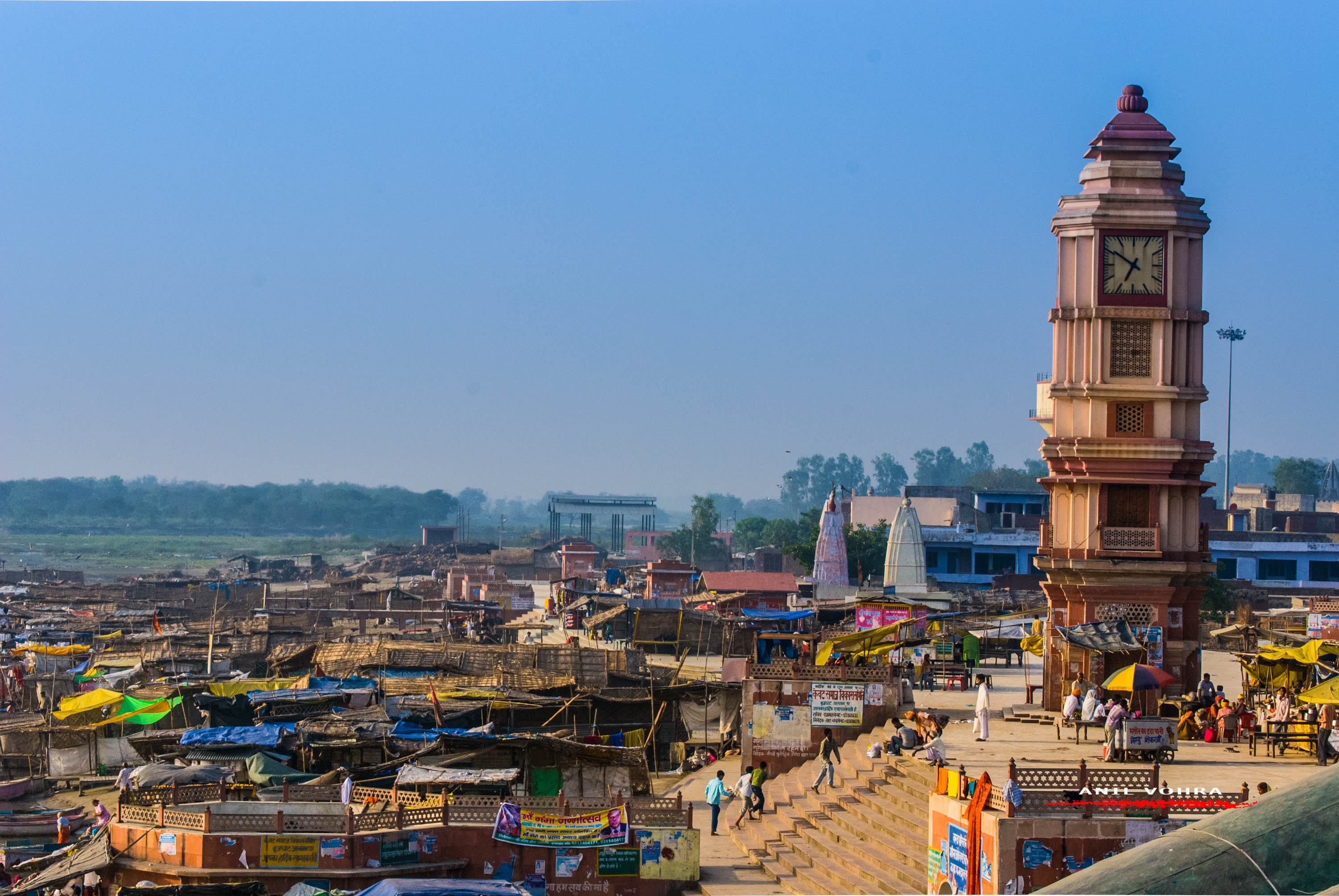
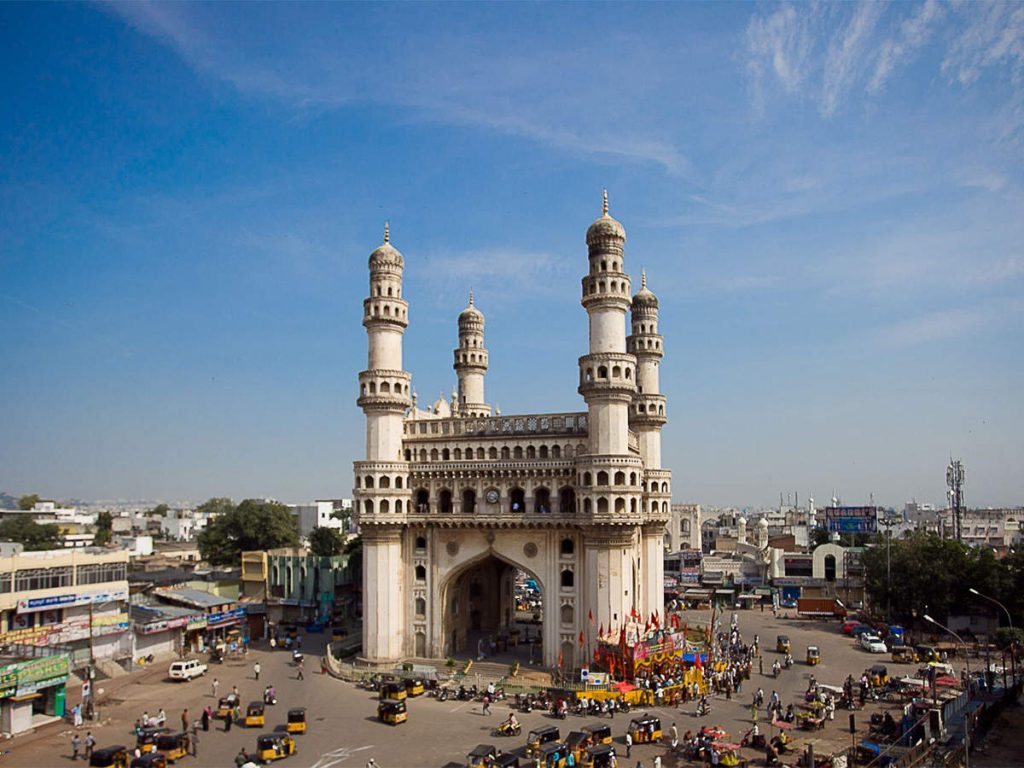


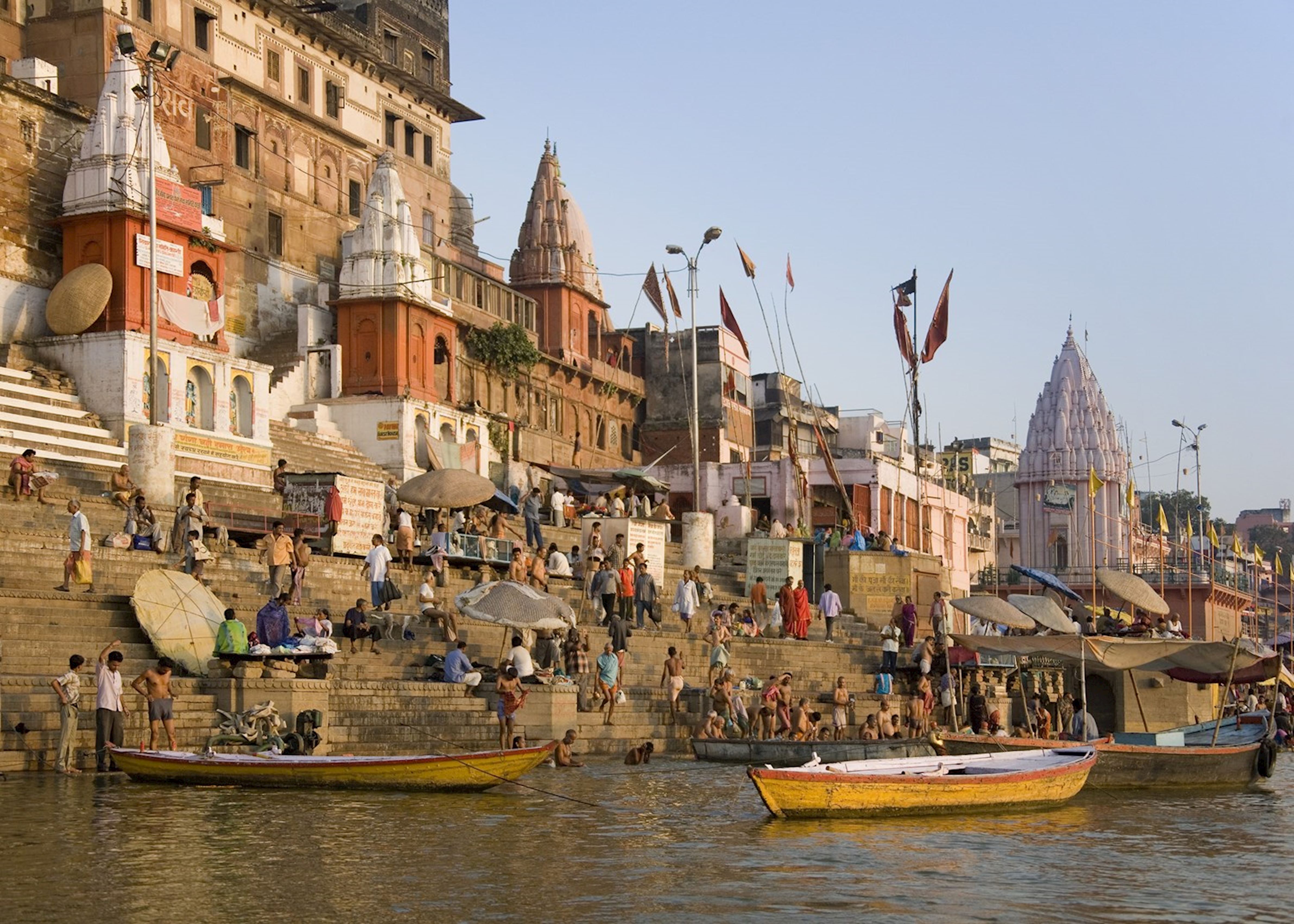

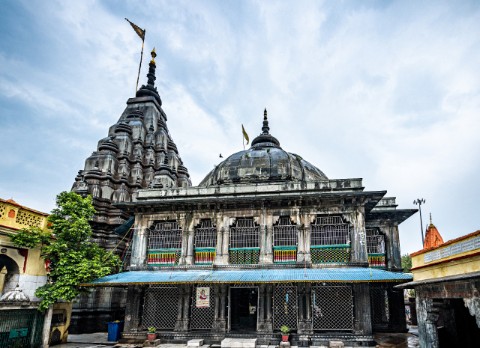
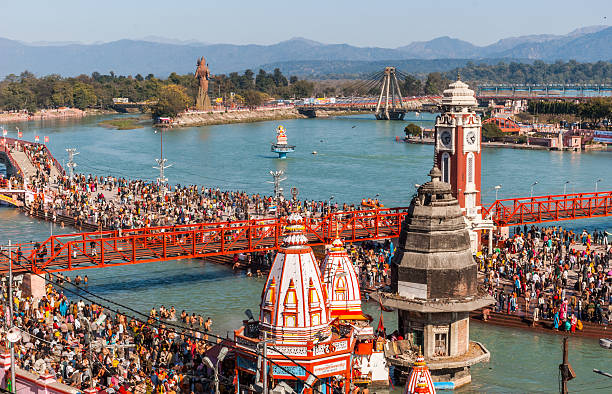

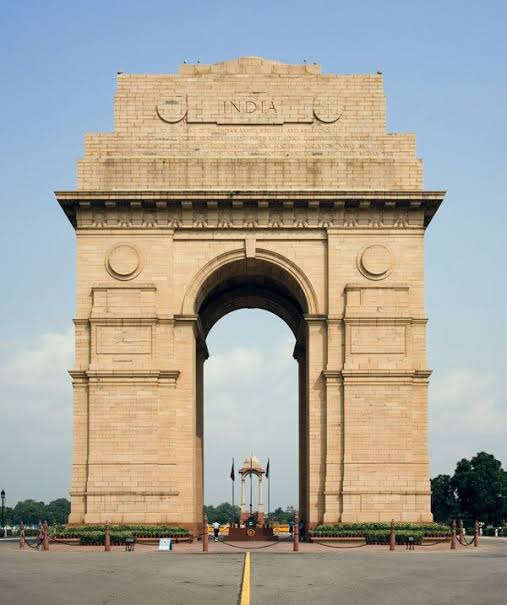

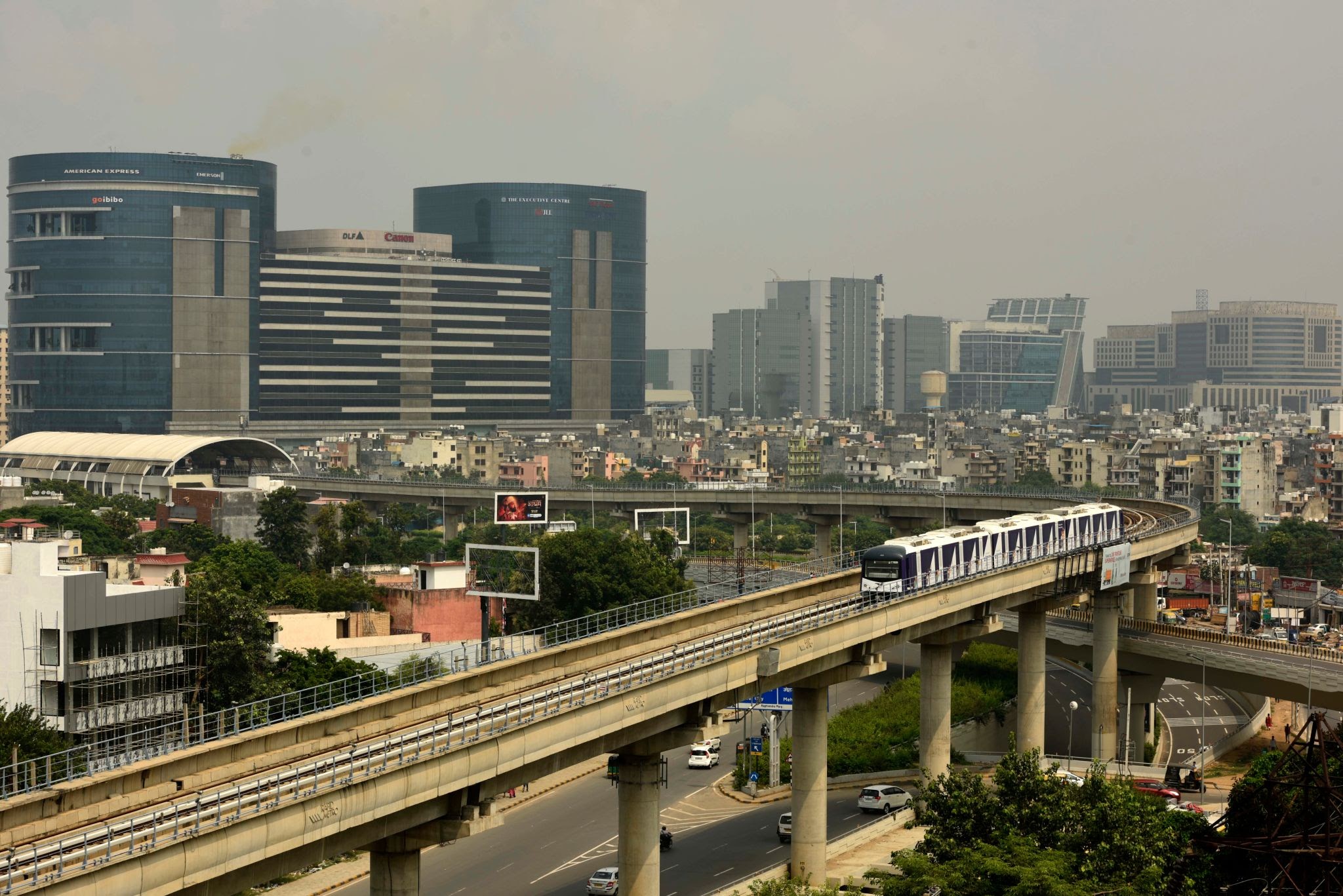

 Hindi, Sanskrit
Hindi, Sanskrit

 Noida
Noida


